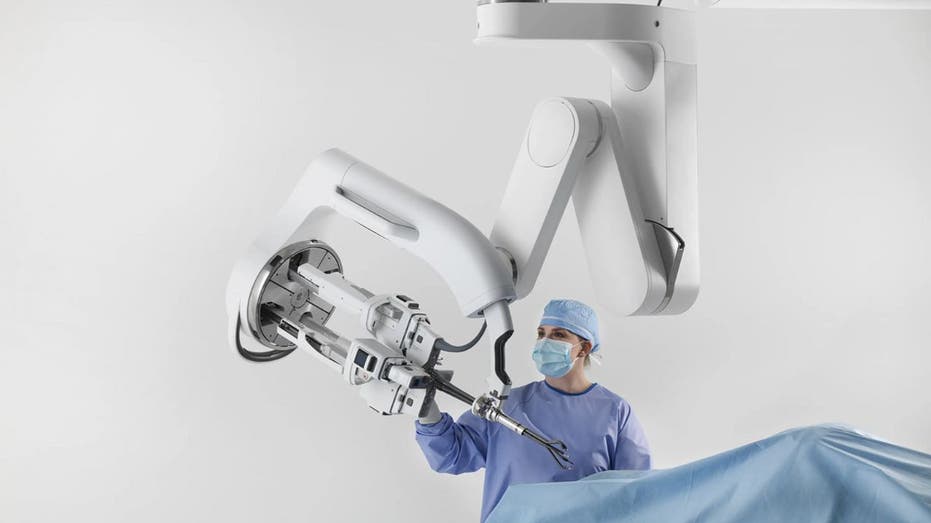- by foxnews
- 06 Apr 2025
Robots perform like human surgeons by just watching videos
University scientists have trained a robotic surgical system to do work with the skill of human doctors, possibly transforming the future of surgeries.
- by foxnews
- 01 Dec 2024
- in technology

What sets this approach apart is the training method. Instead of painstakingly programming each movement, the robot learned by watching hundreds of videos recorded from wrist-mounted cameras on da Vinci robots during actual surgical procedures. This method allows the robot to learn from the collective experience of numerous skilled surgeons, potentially surpassing the capabilities of any single human operator.
The researchers developed an AI model that merges imitation learning with the machine learning architecture used in popular language models like ChatGPT. However, this model operates in the language of robotics - kinematics - translating visual input into precise robotic movements. This sophisticated approach allows the system to understand and replicate complex surgical maneuvers with remarkable accuracy.
The surgical system not only executed tasks as proficiently as human surgeons but also demonstrated the ability to correct its own mistakes. As Axel Krieger, assistant professor at JHU, noted, "Like if it drops the needle, it will automatically pick it up and continue. This isn't something I taught it to do." This level of autonomy and adaptability is crucial in surgical settings where unexpected situations can arise. The robot's ability to problem-solve and adjust its actions in real time could potentially reduce complications and improve patient outcomes.
This breakthrough could significantly speed up the development of autonomous surgical robots. Traditional methods of programming robots for surgery are time-consuming and limited in scope. With this new approach, Krieger explains, "We only have to collect imitation learning of different procedures, and we can train a robot to learn it in a couple days." This rapid learning capability opens up possibilities for quickly adapting surgical robots to new procedures or techniques, potentially revolutionizing the field of robotic surgery.
The JHU team is now working on expanding this technology to train robots to perform complete surgical procedures. While fully autonomous robotic surgery may still be years away, this innovation paves the way for safer and more accessible complex treatments worldwide. The ability to train robots on entire surgical procedures could lead to standardized, high-quality surgical care even in areas lacking specialized surgeons.
By harnessing the power of AI and imitation learning, we're witnessing the birth of surgical robots that can learn and adapt much like human surgeons. As this technology continues to evolve, it holds the promise of reducing medical errors, increasing surgical precision, and potentially making advanced surgical procedures available to more patients globally. While there are still challenges to overcome, including ethical considerations and regulatory approvals, the future of AI-assisted and autonomous robotic surgery looks increasingly promising.
Follow Kurt on his social channels:
Answers to the most-asked CyberGuy questions:
New from Kurt:
Copyright 2024 CyberGuy.com. All rights reserved.
- by foxnews
- descember 09, 2016
Viral photo of McDonald's PlayPlace prompts superfan to reveal fast-food chain's stray from nostalgia
McDonald's superfan shares the standout PlayPlaces he has seen after a viral photo showed a "heartbreaking" McDonald's PlayPlace in Franklin, Tennessee.
read more





